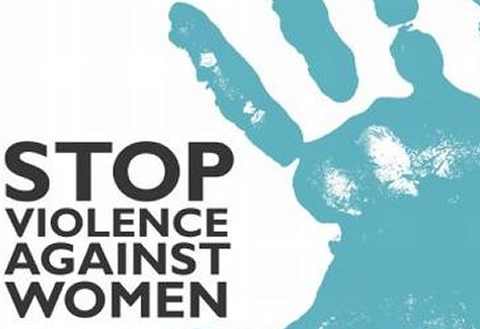
Mr Asante said one could not estimate the number of people who die on daily basis as a result of this illegal transport sector in Ghana but the Okada business was not being considered as one of the priority emergency situations in the country by policy makers.
“I am aware of the current move by the Ghana Road Safety Commission and the Motor Traffic and Transport Department of the Ghana Police Service aimed at training motor-bike riders within the country, but the question is, “Are these people getting the training to still come and operate illegally?” he quizzed.
He said research had revealed that over 40% of incidents involving motor-bikes occurred in the rural areas and many of these went unrecorded, especially those that happened within remote areas and hinterlands.
It would also be recalled that in 2013, out of a total of 2,213 traffic accidents recorded at the Korle-Bu Accident Centre in the first quarter, more than a quarter of the total of 659, to be precise, were accidents involving passengers-carrying motor bicycles or Okadas, as this mode of commercial transportation was commonly known.
Mr Asante said the phenomenon continued to rake havoc in the country as the records at the leading health facility in the country showed that almost 80% of accident cases brought to the emergency centre were motor-bike accidents.
The safety experts said many Ghanaians preferred using motor-bikes to beat traffic obstructions and so it is equally important to decide whether the Okada business had come to stay and if so, the authorities must not waste time to conduct risks assessment to the trade and put in place legislation to properly manage it.
“It is horrible to see greater number of Okada operators operating without helmet, licence and personal protective equipment.”
“When will Ghana decide on the fate of Okada business to save the lives of many Ghanaians because the activity started in Ghana over a decade ago in a small scale, but continues to grow on daily basis and now has illegally become one of the main means of transportation across the country,” Mr Asante stated.
These developments have caused and continue to cause a great loss of revenue to Ghana, due to injuries and death many Ghanaians and foreigners suffer from these illegal transportation business.
“I believe it is time that the government, and for that matter the Transport Ministry, decided on the fate of this operation to help save a greater number of lives in Ghana,” Mr Asante said.
Source: Daily Heritage Read Full Story


























Facebook
Twitter
Pinterest
Instagram
Google+
YouTube
LinkedIn
RSS